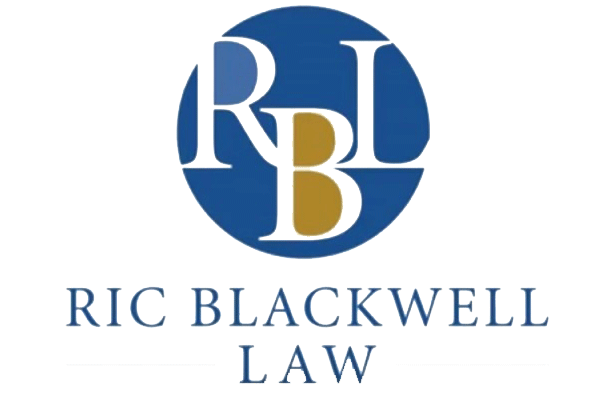The probate estate can be quite complicated and consists of those assets that were owned by the decedent and the decedent alone. For example, a sole-named bank account, a retirement account with no named beneficiary, a house in the decedent’s name with another person as tenants in common. Jointly-owned property does not pass through probate and neither does property with a named beneficiary. Assets held in a revocable or living trust do not pass through probate. So, a person could have a $5,000,000 gross estate and have no probate estate, a small probate estate or a probate estate of the same size as the gross estate. It simply depends on how the decedent’s assets were owned at the time of his/her death. We can help you navigate the maze of possibilities in the probate court.
